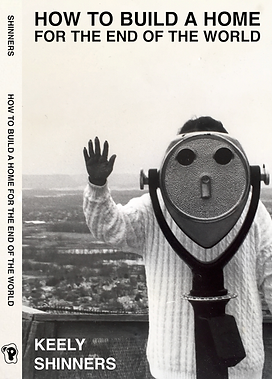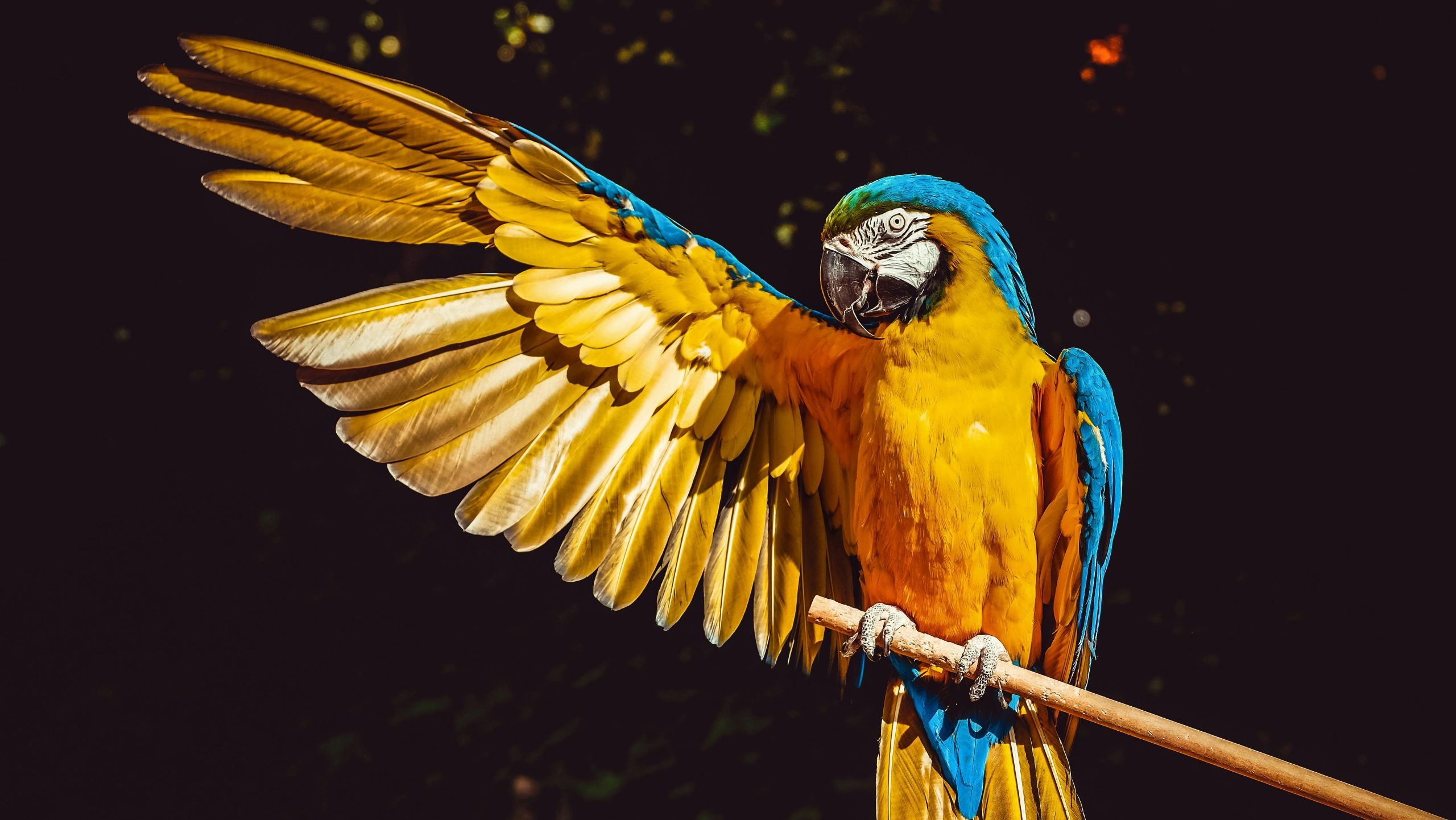Reading Lists
7 Books That Will Change the Way You Think About the Road Trip Story
Keely Shinners, author of "How To Build a Home for the End of the World," recommends adventures and revelations found on a long drive

In January 2017, I went on a road trip with my father. We drove from our hometown, Fox Lake, Illinois, to Los Angeles, California, where I was going to university. We elected to go the southern route, following the ruins of Route 66. Apart from a few arguments about tattoos and communism, and getting terribly lost in the red mountains of Sedona, Arizona, it was a relatively uneventful adventure.
Road trips are, anyway, awfully boring affairs. Long periods of silence and nondescript landscapes, punctuated by cups of burnt coffee and beige motel room walls. Still, I knew that a near-geological shift was occurring deep within me, a change of heart which I did not quite understand, and because I did not understand it, I knew I had to write about it, and to write about it for a long time.
How to write into that silence, that eroded, uninhabitable landscape? These are some of the novels that shaped my understanding of what a road trip could be and, ultimately, helped me to write How To Build a Home for the End of the World, a road trip novel for our dystopian times.
Lost Children Archive by Valeria Luiselli
This novel starts out simple enough: an acoustemologist wants to move to Arizona to record the ghosts of the Apache people. His wife, the narrator, wants to stay in New York. The couple, along with their two children—his son, her daughter—set off on a road trip across America knowing that it is the end of their time together.
Within this frame—the family road trip and its associated diners, motels, and polaroids— Luiselli deftly interweaves more hidden histories: children who go missing on their way to America; indigenous communities decimated by Manifest Destiny. She shows us that a road trip is not wholly personal; when we set out on the road, we are entering into communion with ghosts—past and present—who demand our witness.
Sing, Unburied, Sing by Jesmyn Ward
In Ward’s novel, 13-year-old Jojo, his baby sister Kayla, his mother, Leonie, and her friend Misty drive from the fictional town of Bois Sauvage, Mississippi to real-life Parchman prison to pick up Jojo and Kayla’s father, Michael, who has been incarcerated there for the past three years. This road trip deals with what is visceral: Kayla won’t stop throwing up, Leonie and Misty are on meth, and Jojo starts to see ghosts. Ward’s suggestion is that, on the road, there’s nowhere to hide. Our deepest insecurities, our grudges, our illnesses, and our unburied reveal themselves to us. What we choose to deny stays with us, follows us home.
The Remains of the Day by Kazuo Ishiguro
The year is 1956. Stevens, a butler who has given his life to service at Darlington Hall, receives a letter from Miss Kenton, a housekeeper with whom he was in love when they worked together at Darlington in the 1930s. Stevens borrows his new employer’s car and sets out on a “motoring trip” to pay Miss Kenton a visit after nearly 15 years of silence. Now, Remains of the Day isn’t typically thought of as a road trip novel because much of its plot is revealed in flashbacks. But because the flashbacks occur on the road—not, say, when Stevens receives the letter—Ishiguro is trying to tell us something. Being on the road begets introspection. Trapped in a cab for many hours, the car becomes something of a confessional booth, revealing our greatest fear, anxieties, sins and regrets.
Plainwater by Anne Carson
Okay, technically this isn’t a novel, but a collection of essays, but I’m including it because one essay in particular, “Just for the Thrill: An Essay on the Difference Between Women and Men” is easily the best text about a road trip I’ve ever encountered. The narrator of “Just for the Thrill” is a woman on a road trip from Quebec to Los Angeles with her boyfriend whom she calls The Emperor. Throughout, she knows that, when they reach their destination, The Emperor will leave her and she will never see him again.
The way that Carson’s characters oscillate between revulsion and desire, entanglement and alienation, pride and shame, is masterful. She shows how a road trip can throw a relationship into crossfire. To what extent is love scathed on the other side?
Anne Carson is also good at surprises. Half the reason to go on a road trip at all is to look out the window and be surprised. If you have ever driven cross-country, especially in America, you will know that this is often not the case. Between towns, hours-long stretches. Mile after mile of fields, rocks, sky. Carson has language on her side. She will take your eyes and make you look out the window at “clouds bigger than clouds.” You will see “pine shadows hard on the ground.” She will surprise you with “a glass-timber morning.”
Life & Times of Michael K by J.M. Coetzee
When Michael K’s mother becomes ill, he embarks on a mission to take her from Cape Town to her birthplace Prince Albert across a civil war-torn South Africa. Because they do not have permits to travel— and, anyway, they don’t have a car—K fashions a rickshaw so they can make their way on backroads. If the road, for a writer like Walt Whitman or Jack Kerouac, represents freedom, for Coetzee, it represents the opposite. The road, as an extension of apartheid-era spatial politics, is set up to surveil, to police, to capture. The road is another site of struggle, where a man’s search for freedom comes up against the brute forces of oppression. Relief is experienced only briefly, and the overall feel of the novel is a disorienting one.
Nevada by Imogen Binnie
After finding out that her girlfriend has cheated on her, Maria steals her car and heads out west. Along the way, she picks up James, who is also trans, and the two proceed to get high, drive to Reno, and confront all that is gross and complicated about being a body in the world. The two separate before they can reach an emotional conclusion. In this way, Nevada is truly the beatnik road trip novel, where beatnik is anti-normativity, anti-respectability, where beatnik is queer, the self is perpetually undecided, and the road upends.

Paris, Texas by Sam Sheperd and L.M. Kit Carson
Okay, again, not a novel but a brilliant screenplay (which you can buy as a book, so it counts). After four years of wandering alone in the desert, Travis reconnects with his seven-year-old son, Hunter. Together, they drive from Los Angeles to Houston in search of Travis’s estranged wife, Hunter’s mother. In this script, the direction of the road is twofold. In the beginning, it is where Travis wanders, disassociates, pursues dissociation as if it could stand in for an ideal life. In the latter half, the road takes him back to reality, where he must face the consequences of his past actions. This double-movement embodies, for me, what makes a road trip story so compelling. We might head out on the road to run away from ourselves. But the road always has a way to return us to the truth of ourselves. Hopefully, it can help us better face it.









